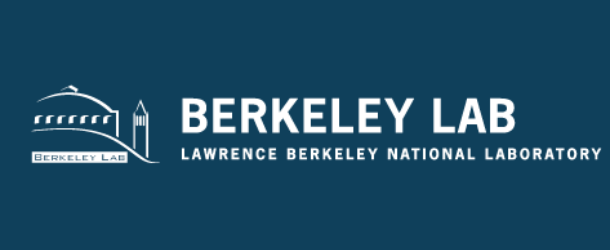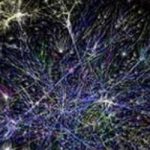LBNL Researchers Show Quantum Computer Can Complement Classical Method of Modelling High-Energy Particle Collisions

(PhysicsWorld) Quantum theory is often portrayed as a disruptive force, complicating everything that classical physics seemed to have figured out. Now, however, physicists at Lawrence Berkeley National Laboratory (LBNL) in the US have demonstrated that the two can work side-by-side, in a proof-of-principle study that shows how a quantum computer can complement a classical method of modelling high-energy particle collisions.
Machines such as CERN’s Large Hadron Collider (LHC) smash protons together producing showers of thousands of particles. producing parton showers of thousands of particles.
For this parton shower to include quantum features of particle interactions, however, the model needs to simultaneously consider all possible intermediate particles that could form between the initial and final particles – something that cannot be done by a classical computer algorithm, says Christian Bauer, a theoretical physicist at LBNL.
“What a classical [parton] shower does is that it sort of goes through and produces a particular event, one at a time, with a particular intermediate particle,” Bauer explains. “The quantum version of the shower sort of does all possibilities in one shot.
The idea that quantum effects are hard or impossible to model on non-quantum devices is an old one, dating back to lectures given by the physicist Richard Feynman in the early 1980s. Features of parton showers that are formulated in the language of quantum mechanics from the get-go certainly fall into this category, says Jesse Thaler, a physicist at the Massachusetts Institute of Technology who was not involved in the study. “While some aspects of particle scattering can be described in a classical language, nature is fundamentally quantum mechanical,” Thaler says. The current study, he suggests, could be a stepping-stone towards a future in which theorists use the outputs of both classical and quantum computers to piece together more complex models of what happens inside particle colliders.























